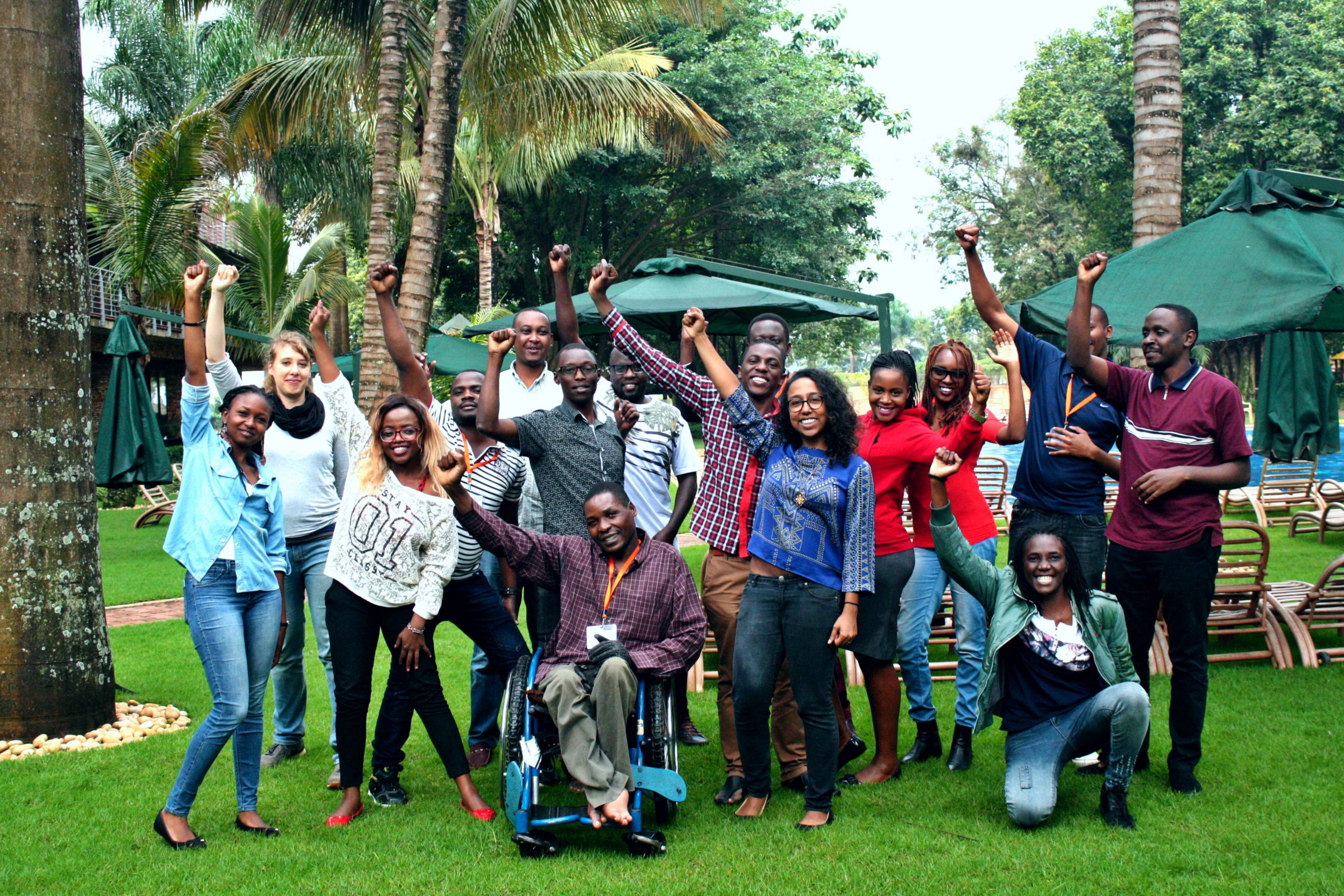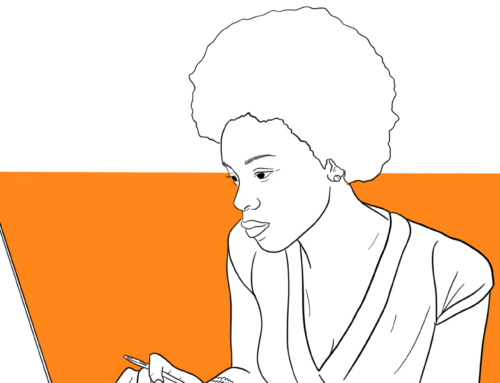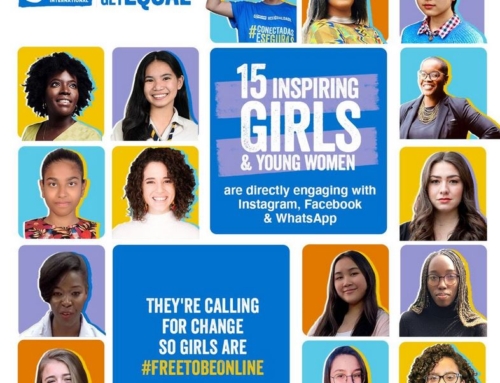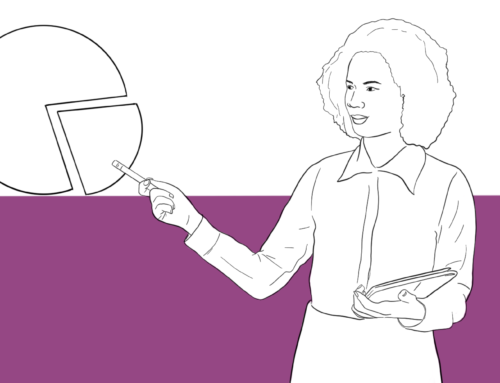Our workshop participants can confidently say that they are DATAStrong! Their data journey has been awakened and we can’t wait to see what opportunities it will bring to their organizations.
DATAStrong is a comprehensive data skills program targeted at civil society in East Africa (Uganda, Kenya, and Tanzania). The program included a 5-day interactive and participatory workshop in Kampala, Uganda from 7–11th May 2018. The workshop is a step towards building a resilient community that is able to use data-driven visualizations and storytelling to bolster advocacy and rapidly respond to challenges posed by shrinking civic spaces in the region.
The process started with a competitive call that attracted over 200 applications from candidates working with organizations in the thematic areas of minority groups, LGBT, and aging populations in the region. The selection of successful applicants was based on criteria like the strength of application, thematic area of operation, and demonstration on the need to incorporate learnings into their daily work. It was a tough process of narrowing down to only 10 participants from a pool of 200 applicants but we finally had the “Brady Bunch”. A selection of 3 participants from Kenya and Tanzania each and 4 participants from Uganda; a perfect balance with regards to gender, thematic area, and participant’s country of operation. Later, we added in 2 participants from Burundi and one more from Uganda, bringing the total to 13.
And it was the D-day, more like the “D-week”, with all participants in Kampala, Uganda to undertake an intense five(5) day training. Weeks leading up to the workshop, a tailored curriculum was developed to cater to the needs and profiles of our participants. The curriculum is an important aspect as it determines whether the content delivered is of use to your learners; more so retained.
DAY ONE
Day one kicked off with a thrilling energizer to help everyone grasp each other’s names. There were introductions and anyone who could remember everyone’s name was the winner of the game. What a way to break the ice! It was high energy from that point on. A short presentation followed, from each participant that highlighted their organization’s current work and what they hoped to take away from being part of the workshop. A majority of the participants were interested in learning how they can collect and use data to push their advocacy. This need fell right in line with the curriculum content that had been prepared.
Day one continued with sessions on working with data, designing an advocacy-driven research project, and ended with personas. Personas are reliable and realistic representations of a key audience. They highlight key distinguishable attributes of the audience like age group, economic status, location, and how they fit in a targeted campaign. Personas are resourceful when trying to design successful advocacy campaigns that speak to your target audience. Each participant developed a persona that would respond to a certain advocacy project and it was an eye-opener on how they should design their future advocacy campaigns.
Our Swag
The day was crowned off with a sumptuous Korean welcome dinner at Miso Garden, Kololo.
DAY TWO
We kicked off day two with a talk from Jennifer Aciko from Hub Afrique to talk about Innovation for Change Africa and what opportunities it would pose for their organizations to be part of the network. Opportunities range from funding to mentorship and support. Being part of the workshop grants the participants membership to the network and we are excited to see how they benefit from the resources the platform brings forth.
This was followed by sessions on data collection with a focus on Google forms and Kobo Toolbox. The majority of the participants had Google accounts but had not utilized the free feature of Google forms to collect data in their day-to-day activities. It was interesting to teach them how to utilize this feature and also export the responses to Google sheets. Kobo Toolbox on the other hand was of much interest to the participants as it has offline capabilities to enable data entrants to collect data in situations/ areas with no internet connectivity. The interest in data collection was visible as some participants started incorporating the knowledge in their work before the sessions even ended.
DAY THREE
This day was a little more intense with more technical data concepts. Starting off with data cleaning to pivot tables and an introduction data visualization using tools like rawGraphs, Infogram, Piktochart, and Canva. A lot was covered on day three and an exercise was given to help seal in the content learned.
DAY FOUR
Day four was dedicated to the Tableau public and a creative expression session by Ms. Pamela Enyonu. The participants were introduced to the powerful capabilities of the Tableau public to create interesting data visualizations and dashboards through which they can present their findings and data summaries. This session was interactive and hands-on whereby each participant was tasked to explore an Afrobarometer dataset to come up with data visualizations that provide interesting insights. Considering everyone was using Tableau for the first time, impressive visualizations as shown below;
Creative Expression by Ms. Pamela Enyonu was a hit as well; using art as a form of expression and advocacy
The masterpieces
DAY FIVE
A session on Communication and Advocacy kicked off the final day of DATAStrong. Diving into how to effectively communicate and develop an organization’s advocacy. A big highlight was in relation to how to structure social media use and being a trusted source for information pertaining to a specific topic. It was intriguing to learn how communication is an important aspect to get an advocacy campaign into the right ears.
A session on Digital Security by Laura Tich, a technical evangelist from Code for Africa, followed suit. Digital security is a crucial aspect for CSOs as they collect loads of confidential data and its integrity is important. This is why digital security was a perfect way to close the workshop. All data collected, analyzed, and visualized has to be secure. An interesting takeaway was how unsafe it is to save your login credentials in your browser as an attacker can access your accounts easily once they get access to your browser. Laura also introduced concepts of password managers and encryption, all of which are useful resources for CSOs. The workshop then closed off with an evaluation session to ascertain the impact and value the workshop was on the participants and the feedback was amazing.
FEEDBACK FROM ATTENDEES
“For some good time, I have been interested in collecting data, but I couldn’t understand how or where to start with a data collection tool. Before the end of the workshop, I had already rolled out a survey to my staff to collect information. I also drew a map that show my organisation’s operational district using Tableau public. I am grateful to the DATAStrong workshop for equipping me with these skills ”
Nsubuga Stanley, Uganda Network of Young People Living with HIV/AIDS
“This course will enable me to do my advocacy work with evidence rather than words only. This is an empowerment moment for me to bring changes in my community.”
Msafiri Msedi Ngololo, Tusaidiane Disabilities Resources and Charity Organization of Tanzania
“In my organisation we capture a lot of data from the clinic, peers at the hotspots and we store in excel. I have leant how to use data and develop useful reports. I believe with practice I will be a guru and a resource to my organisation.”
Jeffrey Walimbwa Wambaya, Ishtar
FROM THE ORGANISERS’ PERSPECTIVE
We would like to thank Innovation for Change, DefendDefenders, and Code for Africa for partnering with us to make this workshop possible. Following the workshop, Pollicy is organizing similar events and training that encompass data use in bolstering advocacy in shrinking civic spaces.
Catch us in Dar es Salaam on May 24th, 2018!

Written by Jarvin Mutatiina, Technology Lead at Pollicy





Leave A Comment